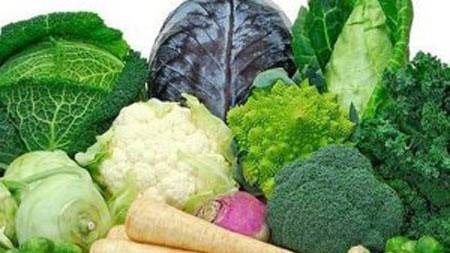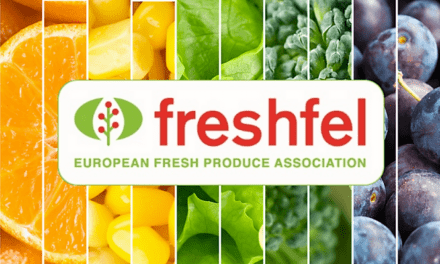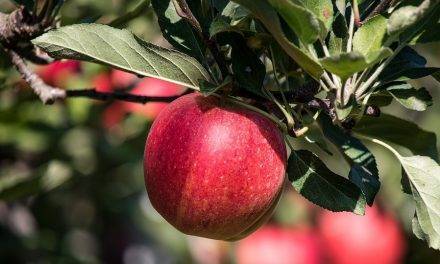A common gut microbe helps the body to take advantage of the anti-cancer powers of broccoli, cabbage, cauliflower and other vegetables in the Brassica genus
By Nature
Scientists reveal the pathway used by one gut microbe to transform vegetable components into anti-cancer compounds.
Broccoli — the poster child for vegetable hatred — has been rehabilitated recently thanks to its link to cancer prevention. Now researchers have revealed how a common gut microbe helps the body to take advantage of the health benefits of this and related foods.
Broccoli, cabbage, cauliflower and other vegetables in the Brassica genus owe their distinctive flavour to chemicals known as glucosinolates. During digestion, gut bacteria transform glucosinolates into compounds called isothiocyanates, which have protective effects against certain cancers.
Elizabeth Sattely at Stanford University in California and her colleagues pinpointed a set of genes that gives the gut microbe Bacteroides thetaiotaomicron the ability to turn glucosinolates into isothiocyanates. Mice colonized with B. thetaiotaomicron bacteria that lacked a complete set of these genes had lower levels of isothiocyanates in their digestive tract than did mice colonized with typical B. thetaiotaomicron. And when the researchers introduced the genes into bacteria that do not normally help to digest glucosinolates, the microbes began producing isothiocyanates.
Knowledge of this microbial mechanism could help efforts to engineer microbes to prevent and treat human disease, the authors say.
Sources
Nature, How gut bacteria make broccoli a superfood
Picture by Zagros Sports, Verduras Crucíferas: Las Coles y sus Propiedades
@ZagrosSports











